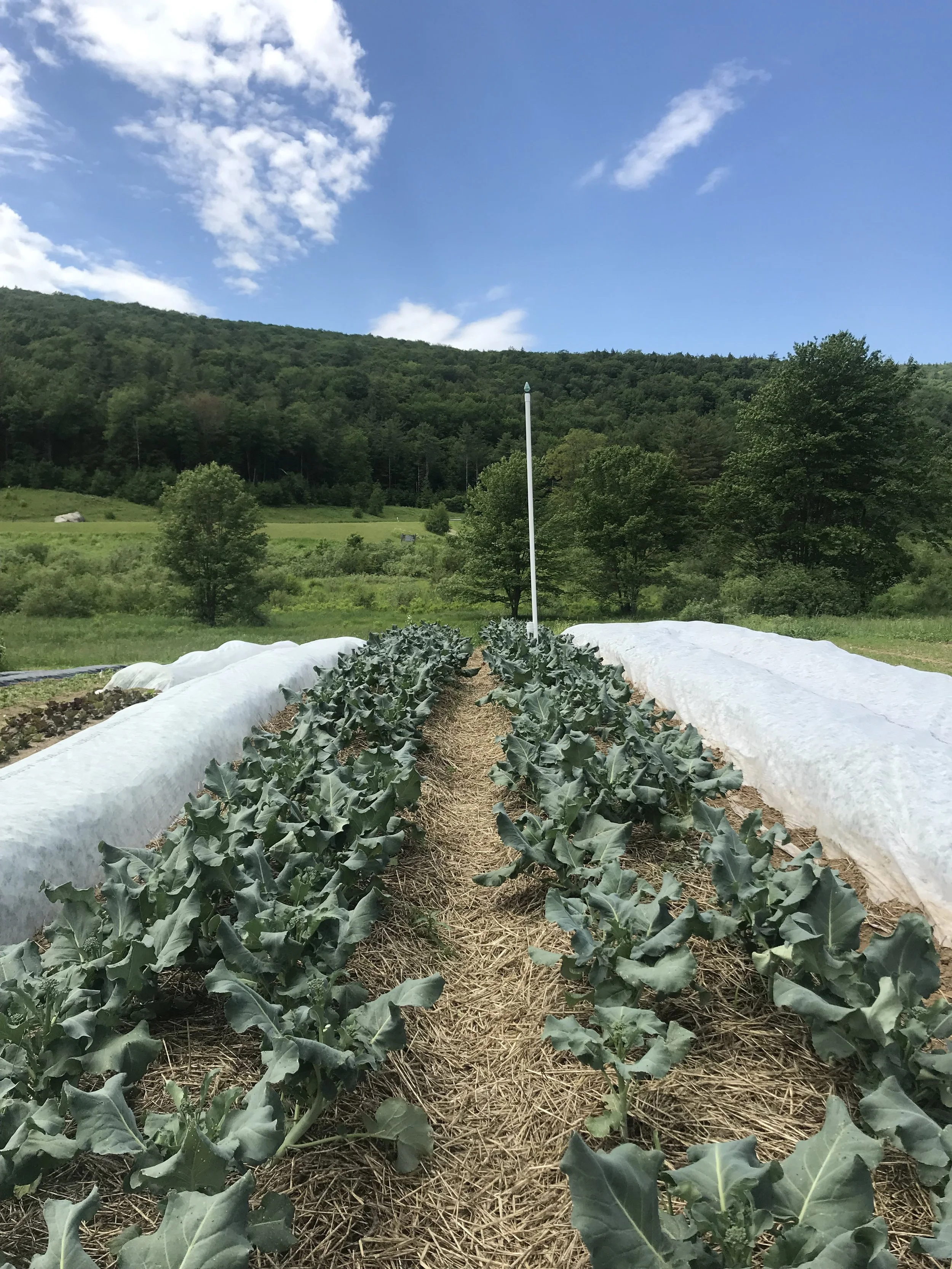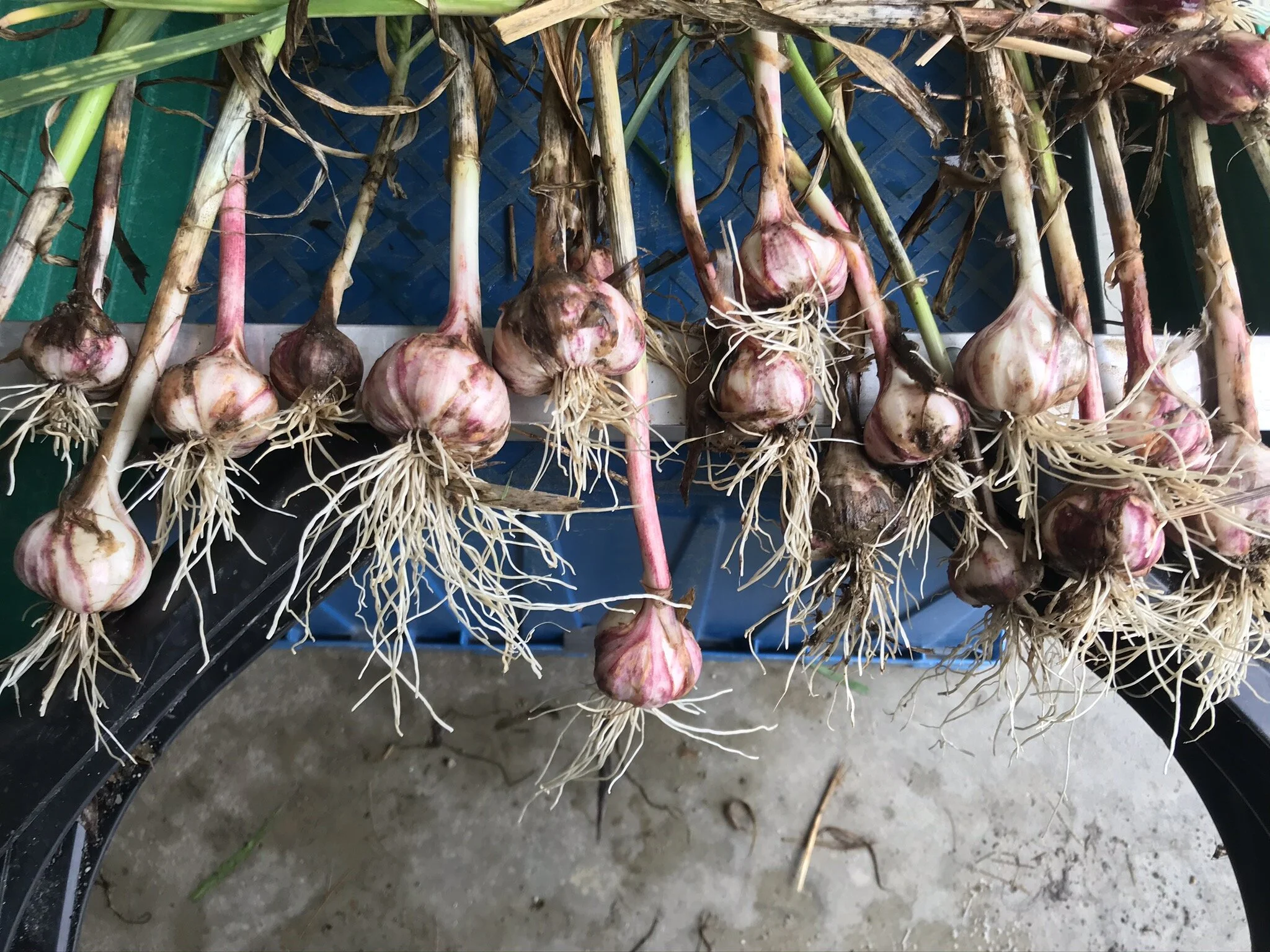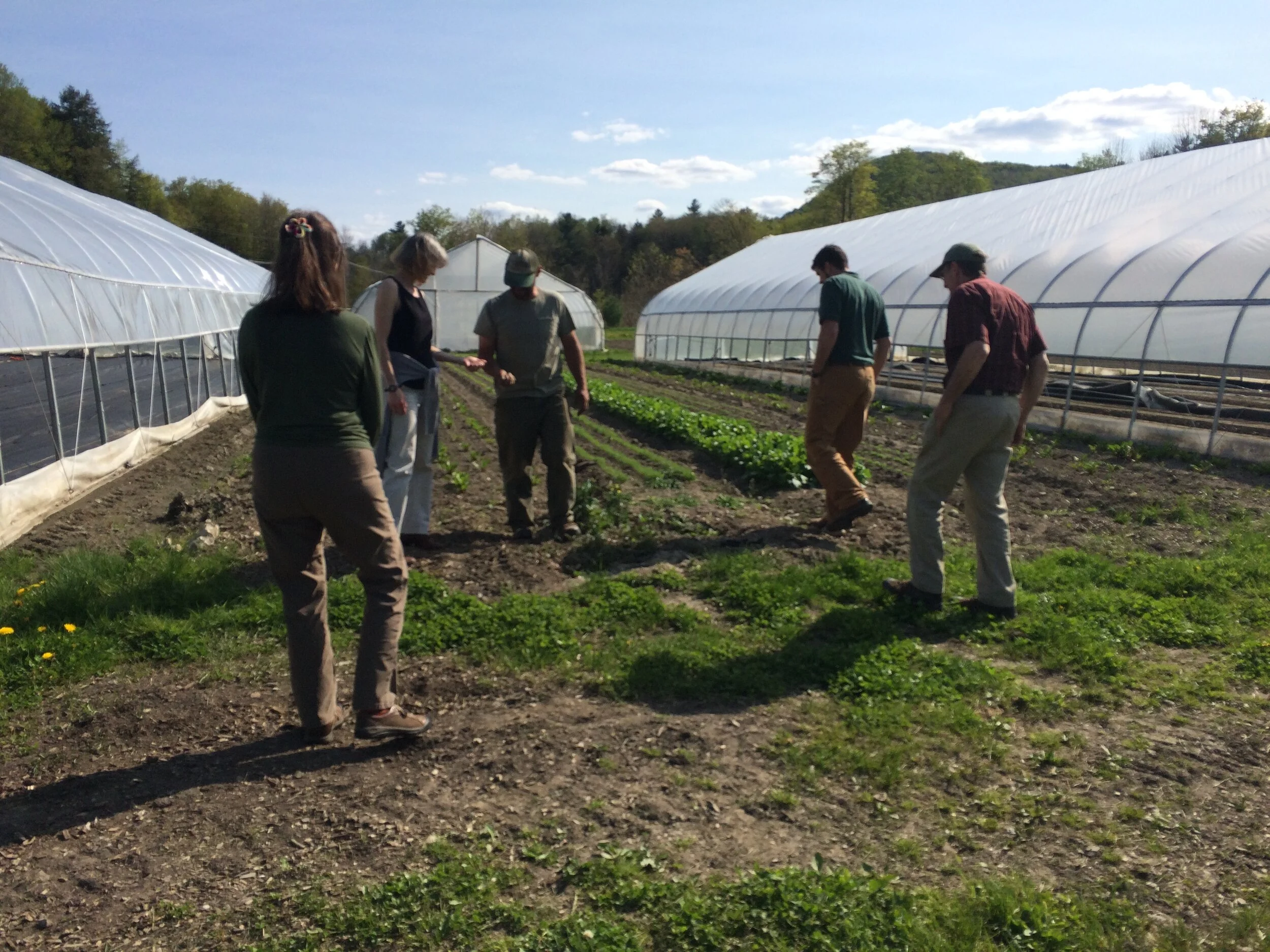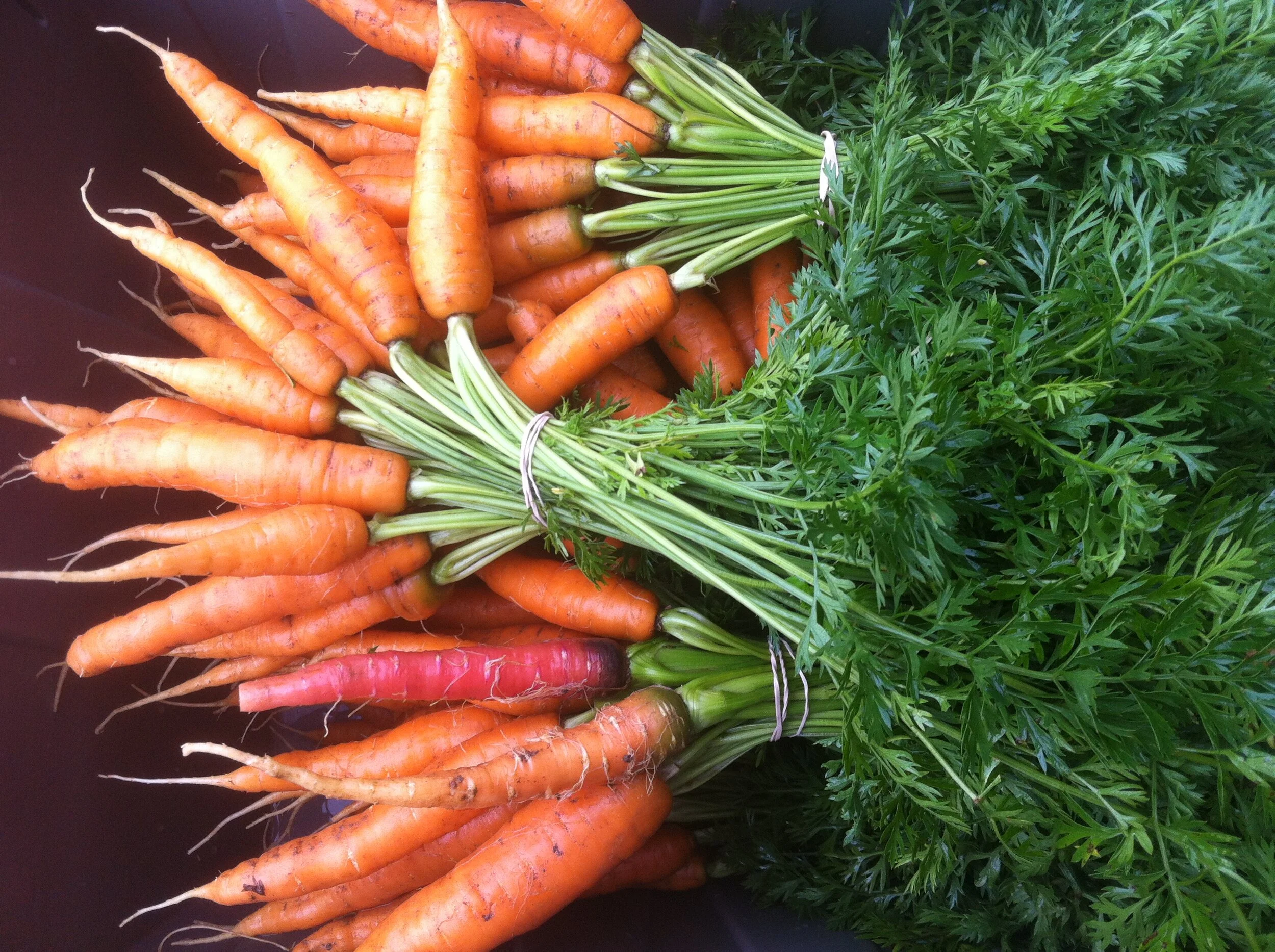PFAS — chemicals contaminating wells, farmland and food across Maine — are often tracked through court filings, lab reports and dense regulatory language.
But for the past two years, they have also been tracked, in real time, by an undergraduate student at the University of Maine.
As the state races to confront one of the most complex environmental crises in its history, Eddie Nachamie, a senior in UMaine’s Honors College, followed Maine’s PFAS response as it unfolded.
And he did it bill by bill, rule by rule, memo by memo.
Through his research, Nachamie found that Maine’s response to these chemicals — certain levels of which may lead to cancer, immune system disorders and other health problems — is the most robust of any state in the U.S.
Working under the guidance of Rachel Schattman, an associate professor of sustainable agriculture, Nachamie translated a fast-moving and confusing web of legislation and regulations into a clear, public-facing roadmap of how state policy evolved; and how it continues to change.
From class paper to national policy map
The project began in fall 2024 as a class paper for Schattman’s sustainable food systems course. An ecology and environmental sciences major, Nachamie initially set out to understand why Maine’s approach to PFAS appeared different from other states, particularly in agriculture.
“There didn’t seem to be a unified response at the federal level,” Nachamie said. “And Maine was clearly out in front in terms of how aggressively it was regulating PFAS, especially when it came to farming.”
What began as a course assignment evolved into a comprehensive analysis of Maine’s PFAS regulatory framework, which will be made public in the coming weeks. Nachamie conducted interviews and worked closely with staff at the Maine Department of Environmental Protection and the Department of Agriculture, Conservation and Forestry to compile and verify every PFAS-related law passed by the Maine Legislature.
Schattman said the scope and rigor of the work quickly exceeded what is typically expected at the undergraduate level.
“Eddie realized early on that this wasn’t just an academic exercise,” Schattman said. “Maine’s PFAS policies were changing in real time, and there was a real need for someone to step back and make sense of how all these pieces fit together — not just for researchers, but for farmers, policymakers and the public.”
Maine at the forefront of PFAS policy
PFAS have been used widely in industrial and consumer products such as nonstick pans, takeout food containers and firefighting foam since the 1940s for their resistance to grease, oil, water and heat. These chemicals, however, can persist in the environment for hundreds of years and break down slowly, as well as pose health risks. They have been found in wastewater sewage that farmers in Maine previously used as fertilizer.
The turning point for Maine’s response, Nachamie believes, came in 2016 when PFAS contamination was discovered at a dairy farm in Arundel. The finding, he said, raised alarms about PFAS entering the food supply and marked a shift in how seriously the state viewed the threat.
“That was really the wake-up call,” he said. “Once there was concern about PFAS in milk and dairy products, it forced a deeper investigation.”
Nachamie’s analysis spans the full scope of the state’s response, including education and outreach, product limits, firefighting foam restrictions, sludge application bans, health thresholds, farmer assistance programs and long-term remediation strategies.
Maine national leader in PFAS statutes
The research highlights Maine’s emergence as a national leader in PFAS regulation. In earlier drafts, Nachamie compared all 50 states using a national PFAS policy database maintained by the nonprofit Safer States, supplemented with state agency records, and found that Maine has enacted more PFAS-related statutes and rules than any other state.
“Maine, by far, has more PFAS legislation on the books than anywhere else,” he said, noting that he relied on a national PFAS policy database maintained by the nonprofit Safer States, along with state agency records. “In terms of rulemaking, it’s not even close.”
While awareness grew after 2016, Nachamie found that the most significant legislative activity followed several years later.
“2021 and 2022 were really the big years,” he said. “That’s when we started to see a wave of PFAS bills moving through the Legislature.”
Among the most consequential policies, Nachamie points to Maine’s phased ban on products containing intentionally added PFAS, ban on spreading sludge on farmland, and creation of a PFAS fund for affected farmers.
“If there are three things Maine has done that I think other states should look at, it’s those,” Nachamie said.
Understanding the science and the stakes
Yet his research also underscores the disconnect that still exists between policy and public understanding. PFAS chemistry remains poorly understood outside regulatory and scientific circles, and Nachamie said confusion is common.
“A lot of people think I’m talking about microplastics,” he said. “They’re not the same thing, but that misunderstanding comes up all the time.”
Even as Maine has moved aggressively, uncertainty continues to ripple across rural communities, small towns and state agencies tasked with protecting public health. With federal standards in flux and legal challenges looming, Nachamie said the burden increasingly falls on states to act.
“The federal landscape changed dramatically while I was working on this,” he said. “That’s part of what drew me to the project in the first place.”
Now in his final year at UMaine, Nachamie has expanded his research into an honors project examining PFAS contamination in drinking water at Maine schools. Inspired by a similar study published last year in New Hampshire, his work explores whether PFAS in school drinking water may originate from sources such as floor waxes and cleaning products.
That kind of applied, outward-facing work is at the core of the University of Maine Honors College, which encourages scholarship that reaches beyond the classroom and into local, regional and even national communities.
“Honors students are challenged to take what they’re learning at the university and use it to make a meaningful impact in the world around them,” said Ellen Weinauer, dean of the UMaine Honors College. “Eddie’s work is a powerful example of how undergraduate research can contribute to conversations that matter not just on campus, but across the entire state and beyond.”
Contact: David Nordman, david.nordman@maine.edu
Story originally published at: https://umaine.edu/news/blog/2026/01/09/from-paper-to-national-policy-map-how-umaine-student-tracked-americas-most-sweeping-pfas-response/

























